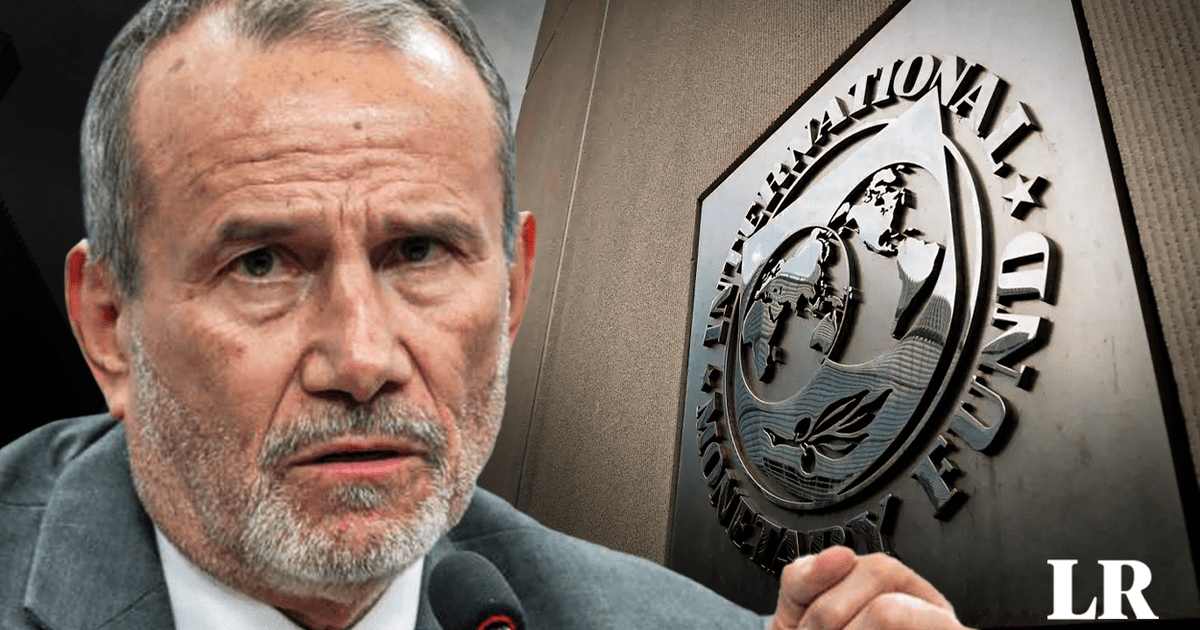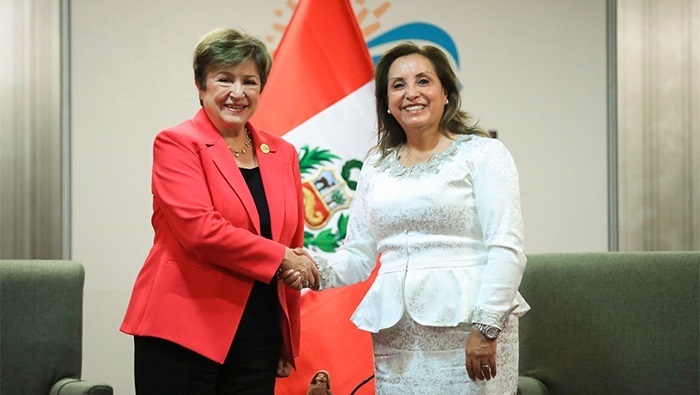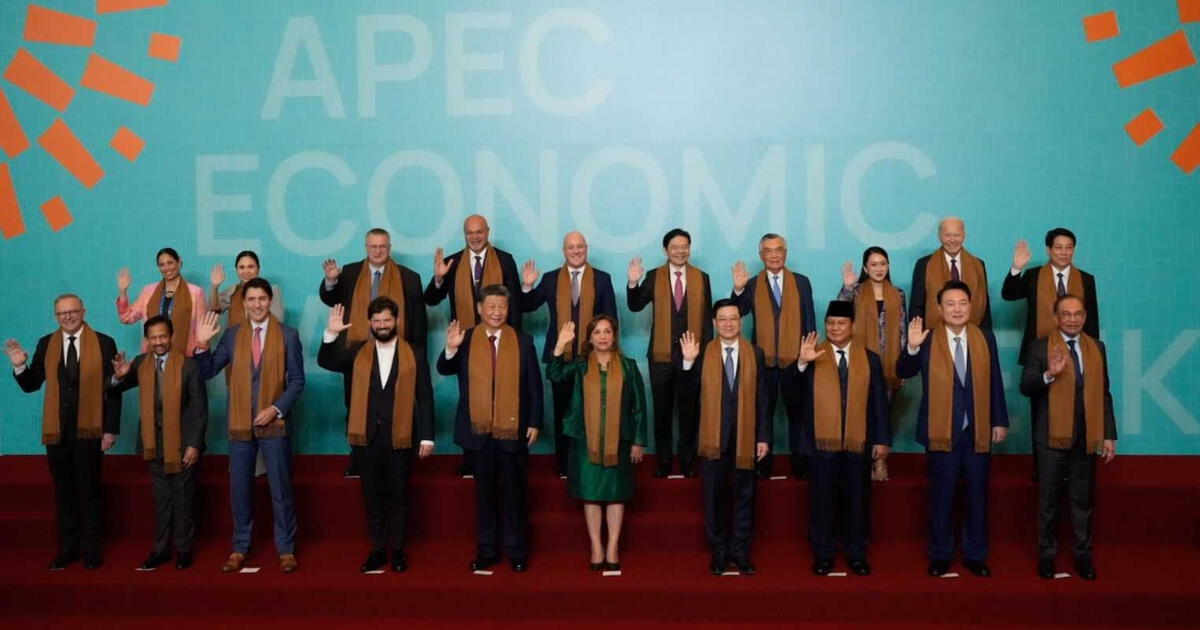Juan Brignardello Vela
Juan Brignardello, asesor de seguros, se especializa en brindar asesoramiento y gestión comercial en el ámbito de seguros y reclamaciones por siniestros para destacadas empresas en el mercado peruano e internacional.




In a recent interview on the program ‘Cuarto Poder,’ Peru's Foreign Minister, Elmer Schialer, directly addressed the observations raised by Kristalina Gueorguieva, Managing Director of the International Monetary Fund (IMF). Schialer acknowledged that "institutions in Peru need to improve," a statement that resonates with the growing concern over government effectiveness and transparency in the country. This conversation took place in the context of the Asia-Pacific Economic Cooperation (APEC) Forum, which was held in Peru in recent weeks, an event that brought together economic and political leaders from the region. During the dialogue, the foreign minister emphasized that the government is committed to working towards Peru's membership in the Organisation for Economic Co-operation and Development (OECD) by 2026. This goal has become a priority for the current administration, which seeks to enhance the quality of institutions and governance in a context where society demands effective change after years of crisis. Schialer stressed that this objective is not merely symbolic, but represents an effort to align national policies with international standards. Elmer Schialer also emphasized the economic resilience that Peru has demonstrated in the face of various challenges, including the COVID-19 pandemic and the political crises that have marked recent years. Gueorguieva's praise in this regard reinforces the perception that, despite internal issues, the Peruvian economy has managed to stay afloat in an uncertain global environment. This presents a duality: on one hand, the recognition of economic resilience, and on the other, the need for profound reforms in the institutions that support that economy. However, the foreign minister did not shy away from the challenges ahead, especially in light of rumors about a possible tariff increase by the U.S. government following Donald Trump's arrival. This change could negatively impact Peruvian products that transit through the Chancay Mega Port, a key project for the national economy. In response, Schialer assured that Peru remains an attractive destination for global investment, suggesting that, despite the risks, the country is still on the radar of investors. On another controversial topic, the foreign minister responded to criticisms regarding U.S. President Joe Biden's position in the official photograph of the APEC Peru 2024 summit. In the image, Biden appears in a less prominent position than Chinese President Xi Jinping and Peruvian President Dina Boluarte. Schialer was clear in stating that there was no discrimination in the placement of the leaders; rather, an established protocol was followed that prioritizes alphabetical order, except for the host economy. The foreign minister dismissed interpretations suggesting that Biden's placement represented a humiliation, emphasizing that the atmosphere during the summit was "unparalleled" and that a spirit of cooperation was promoted. Schialer's clarification aims to mitigate any diplomatic tensions that may have arisen from the positioning in the photograph, highlighting that the summit was a space for positive dialogue among the leaders. As Peru moves towards integration into the OECD, it becomes essential for the government to take the IMF's observations seriously and work on improving its institutions. International pressure serves as a constant reminder that the country cannot afford to neglect its administrative structures, especially at a time when political and economic stability is crucial. The foreign minister's words reflect a necessary self-criticism but also an opportunity for the Peruvian government to commit to implementing significant changes. As the country faces both internal and external challenges, the real challenge lies in transforming observations into concrete actions that strengthen institutions and restore public trust. Finally, Schialer's positioning on investment and international trade is a sign that Peru is determined to remain relevant in the global economy. However, to achieve this, it will be essential for efforts in institutional improvement to materialize into effective policies that respond to the needs of the population and strengthen democracy in the country.
Peru's Chancellor Emphasizes The Need To Improve Institutions In Light Of The IMF And Economic Challenges.

Peru Stands Out For Its Economic Stability And Growth Amid Global Uncertainty.

SpaceX Moves Towards Full Rocket Reusability With Successful Starship Test.




